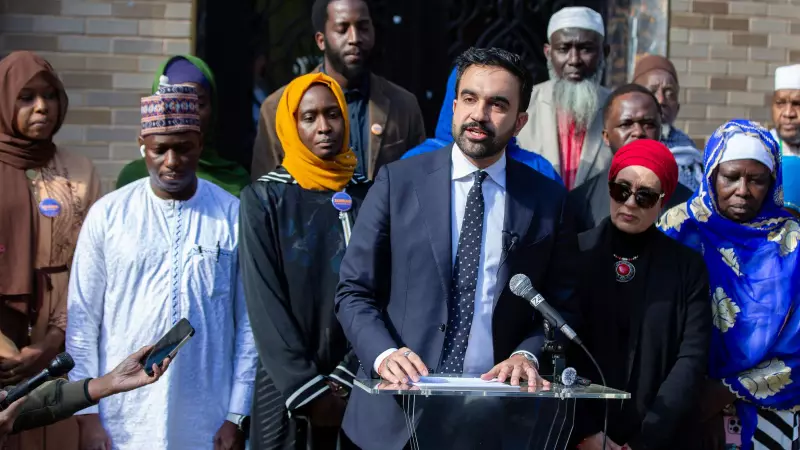
Republican Vice Presidential candidate JD Vance has launched a sharp rebuttal against New York State Assemblyman Zohran Mamdani, dismissing claims made about his aunt's experience wearing hijab in post-9/11 America. The political skirmish has ignited fresh debate about Muslim identity and safety in the United States.
The controversy erupted when Mamdani, during a recent political discussion, referenced Vance's aunt allegedly feeling unsafe while wearing her hijab following the September 11 attacks. The remark was intended to highlight the challenges faced by Muslim Americans during that turbulent period.
Vance responded with clear skepticism, mocking the assertion and questioning its validity. In his characteristic blunt style, the Ohio senator suggested the story was politically motivated rather than factually accurate. "This is the kind of nonsense we've come to expect," Vance stated, emphasizing his preference for dealing with verifiable facts over anecdotal claims.
The exchange underscores deeper political divisions in how different parties address issues of religious identity and security. While progressive voices like Mamdani's often highlight the discrimination faced by minority communities, conservative figures like Vance tend to prioritize what they see as factual accuracy over perceived victim narratives.
This isn't the first time Vance has found himself at the center of cultural debates. As Donald Trump's running mate, his comments frequently generate significant media attention and public discussion. The latest confrontation with Mamdani adds another layer to the ongoing conversation about religious freedom and national security in contemporary American politics.
Political analysts suggest this exchange reflects broader tensions in the lead-up to the presidential election, where cultural identity and personal stories increasingly become political ammunition. The hijab, as a visible symbol of Muslim faith, continues to be a flashpoint in these discussions about integration, security, and religious expression.
As the debate continues to unfold across social media and news platforms, it raises important questions about how personal experiences should inform political discourse and whether such anecdotes help or hinder understanding between different communities in America's diverse social fabric.





